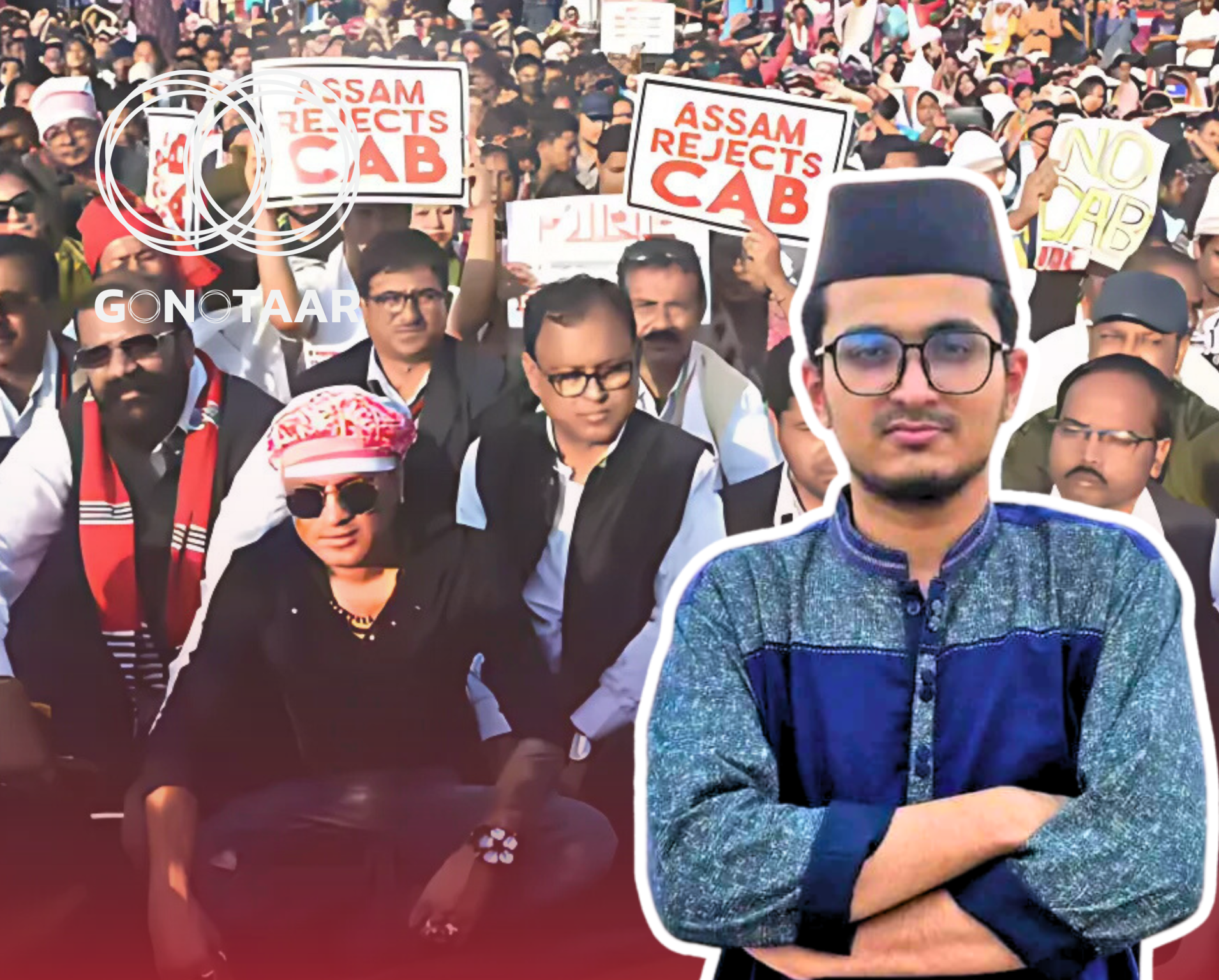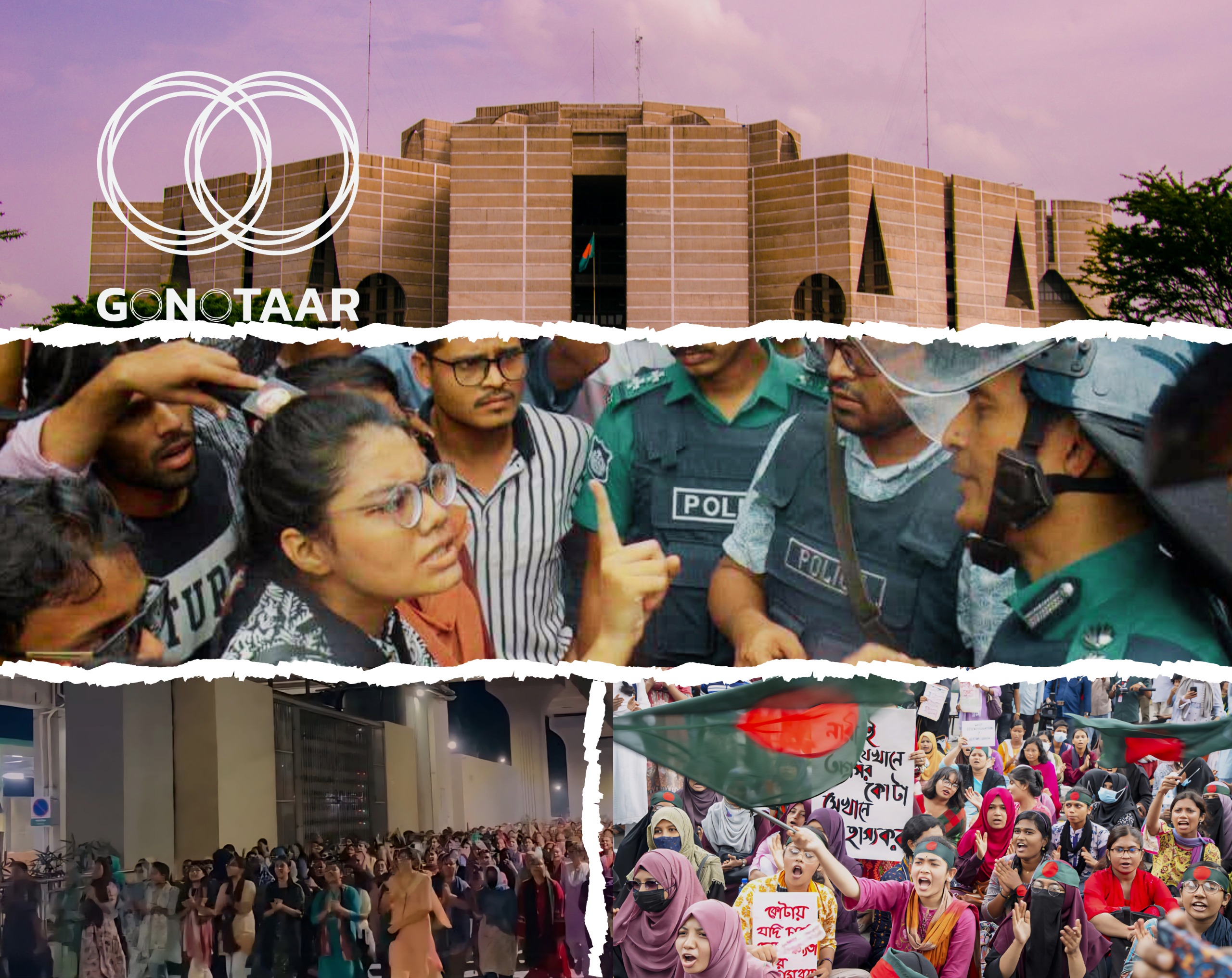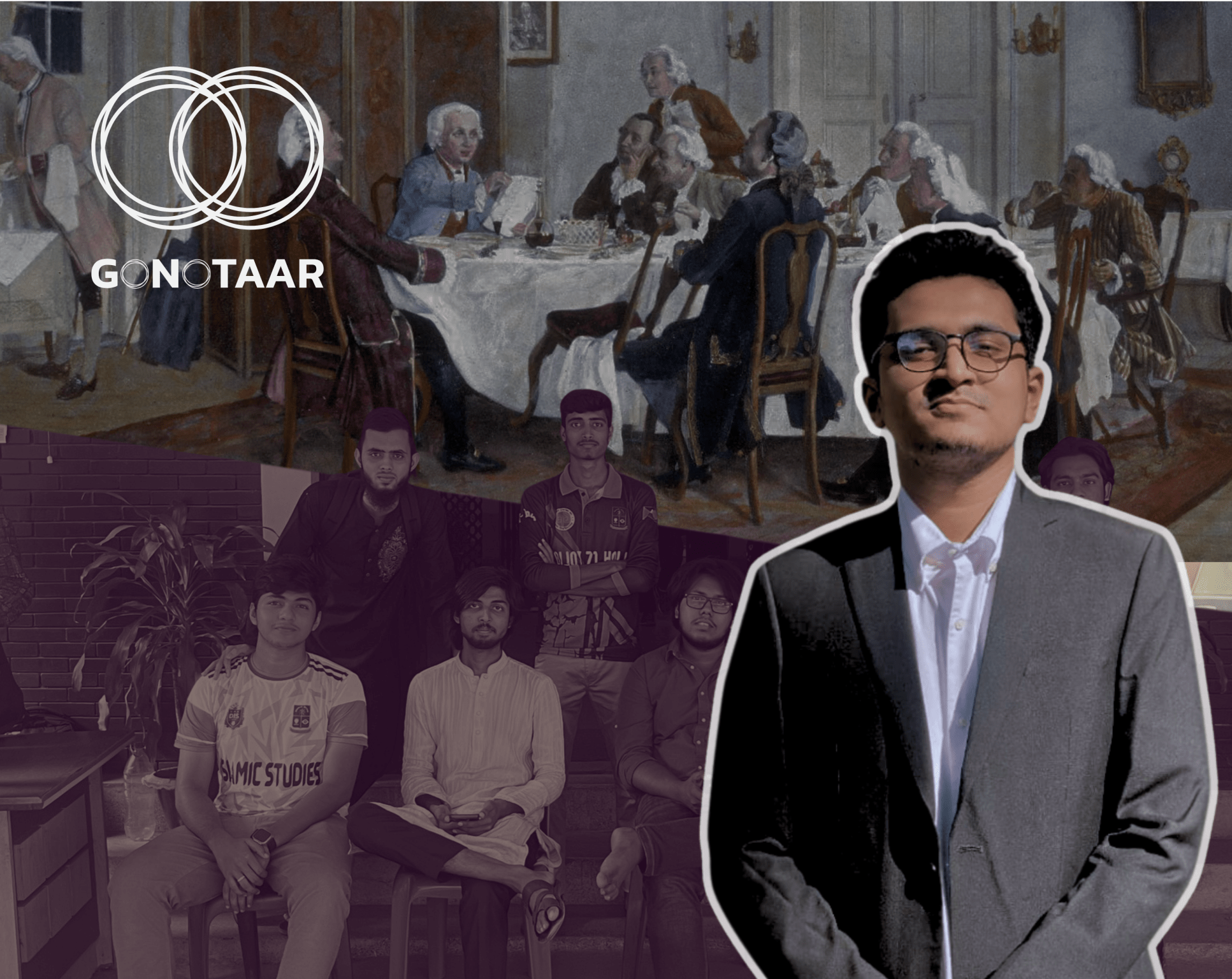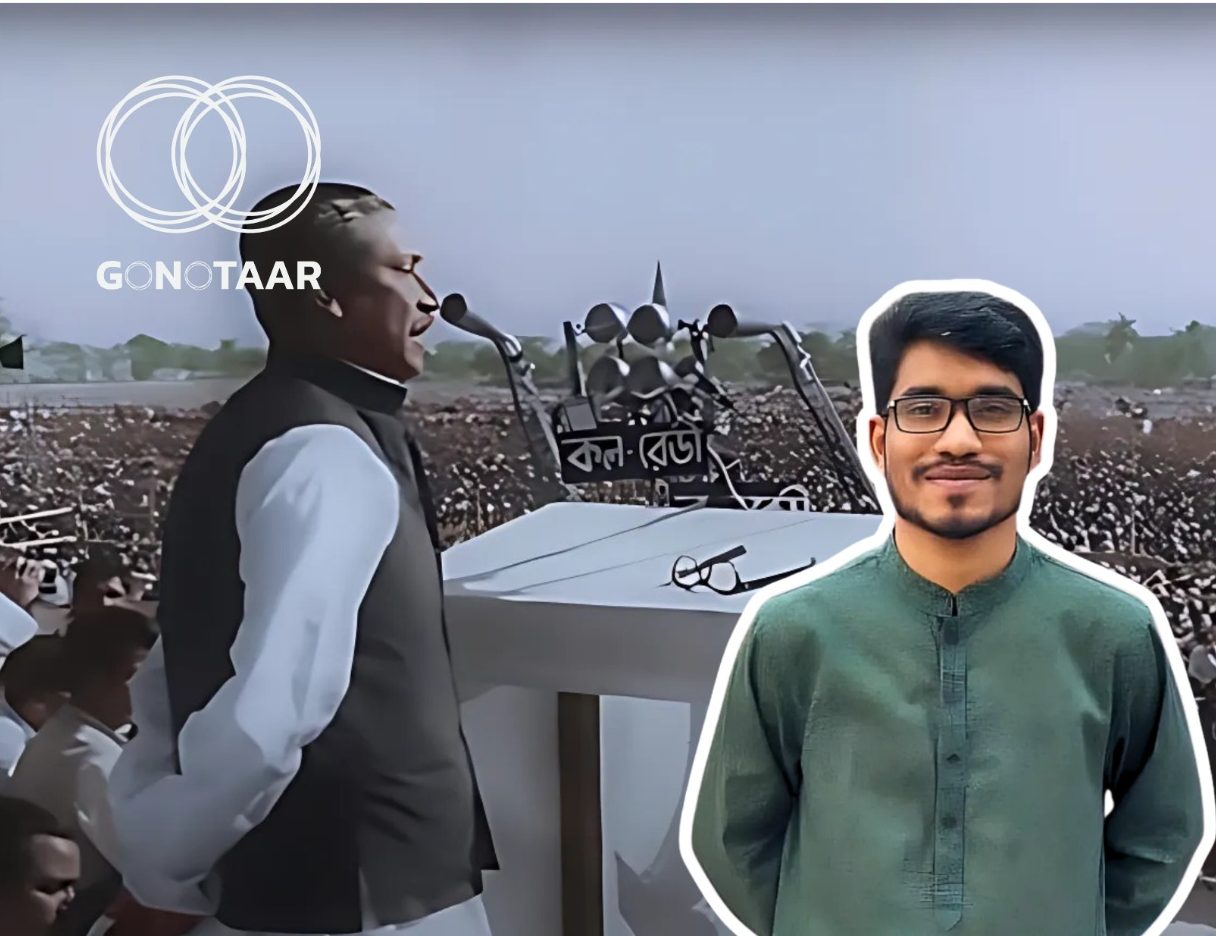Siam Al Zaki
Columnist
In the hushed mornings along the Brahmaputra, in crowded tea stalls of Guwahati, and in whispered conversations across Barak Valley, one name echoed with meaning far deeper than melody — Zubeen Garg. His passing is not only the loss of a beloved singer; it marks the dimming of a moral compass, an embodiment of Assam’s layered identities rooted in language, people, and resistance.
Assam’s Many Identities
Assam is not a single note, but a symphony of voices. Asamiya, Bengali (including Sylheti), Bodo, Mishing, Tiwa, Karbi, and many more — these are not just labels but living cultures. For decades, Assam has faced campaigns of linguistic homogenization, policy pressure, and political rhetoric attempting to impose a singular “Assamese Hindu” identity. To assert “one people, one language” is to flatten culture and silence lived plurality.

Zubeen as Cultural Resistance
Zubeen Garg stood openly against these exclusionary pressures. From the very beginning, he opposed the Citizenship Amendment Act (CAA) and never let his voice be muted. He insisted protests must continue — but without further bloodshed. His stages, his songs, his social media were platforms not to placate, but to provoke reflection. “I will continue protesting against CAA in my own ways, wherever, however I can.”
When thousands in Assam sang his songs “Maya” and “Politics Nokoriba Bondhu” during the anti-CAA protests, it was more than music. It was protest. It was belonging. His art became a vessel for grief, hope, and defiance.
The Human Side of a Cultural Beacon
Zubeen was not perfect, nor did he pretend to be. His humor, his flaws, his occasional slips — they humanized him. Assam did not see him as a distant demi-god but as Zubeen Da, Zubeen Bhai, or simply Zubeen — someone who could laugh, be angry, mourn, and still stand tall. That grounded authenticity made him rare among public figures who carry moral and cultural weight.
Songs of Everyday Assam
Beyond politics, his love was for the everyday: Assam’s rivers, its festivals, its people’s laughter under monsoon clouds. His music carried tea garden lives, riverside stories, and neglected mother tongues. His songs reminded people that culture is not boutique — it is survival, the soil from which communities live.
A Legacy of Defiance
As Assam faces new pressures through census politics, language policies, and citizenship laws, voices like Zubeen’s remain essential. Cultural politics is not secondary — it is foundational. When languages are eroded and identities erased, power thrives on exclusion. Zubeen showed that resistance does not always need political office. Sometimes it needs only presence — a song, a statement, a walk when others stay indoors.
His opposition to the CAA was not artistic posturing. It was a demand that Assam’s citizens remain authors of their identity, not victims of another’s script.

More Than Elegies
With his passing, Assam has lost not only a voice but a conscience. Who will now sing for Assamese-Bengali sisters who speak Sylheti or Bengali? Who will resist when governments define culture as uniformity and identity as exclusion? Assam will need more than elegies; it will need new voices inspired by Zubeen to carry that resistance forward.
Zubeen Lives On
Zubeen Garg reminds us culture is never neutral. It is contested, political, and vital. For every child who wakes up speaking two languages, for every family that shares tea in three dialects, for every river that remembers songs of loss and joy — his life stands as a testament.
He was not just a singer, but a cultural beacon. In a time when many seek unity through exclusion, he embodied plurality. His death is tragic not merely because a voice has fallen silent, but because a bridge is harder to cross. Yet remembering him, singing his songs, and affirming our many identities — that too is resistance. And in that resistance, Zubeen lives on.




